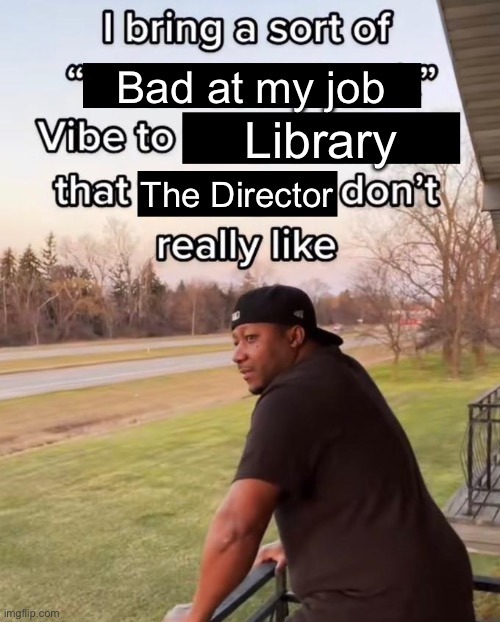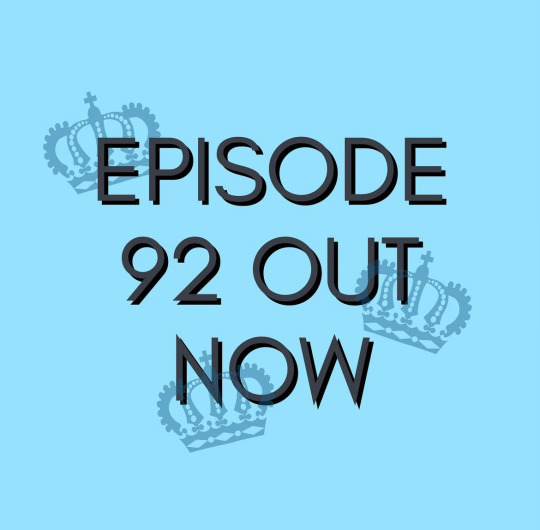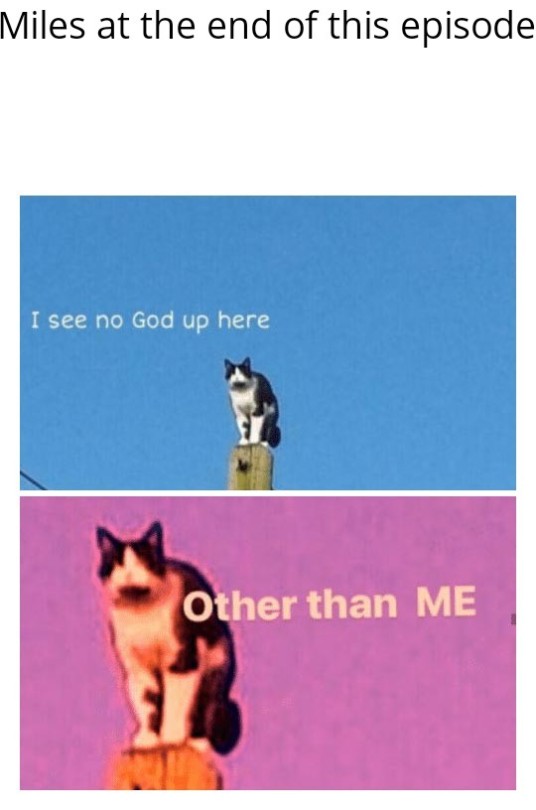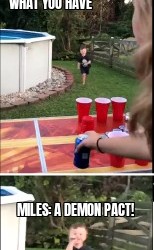#Episode 92
Explore tagged Tumblr posts
Text
Such a beautiful episode we had today
Finally I watched the full episode on time...
With how much pain it has given us it also brought us so much hope!
Yes, Marta told Fina no on her proposal but not because she doesn't want to be with her or that she doesn't acknowledge that she still loves her, but because she knows that at their time there isn't a place where they can fulfill their love together- and it hurts.
And of course Jaime has to enter into that conversation- but! He's gonna give Marta his approval jsjsjs omg. He also told Fina that he forgives her, and they had that conversation about Marta in front of Isidro while in a coma (which we all know that in telenovela world that means he hears everything) so that means Isidro now also knows about mafin!!!
Fina you are damn precious asking Jaime to take care of Marta... and I believe when Jaime told Fina that there's hope he also meant for Marta and not only Isidro.
I'm a mess. I'm happy.
(Also so much has happened in the other storylines today and in the preview... wow they decided to go fast finally)
#mafin#marta de la reina#fina valero#marta x fina#jaime berenguer#sueños de libertad#dreams of freedom#episode 92#AAAAAA I need to re watch it again. sich an emotional roller-coaster.#my theory about the rings is still on.
62 notes
·
View notes
Text

Ashton in mourning has been driving me insane since the Episode 92 came ouut. I want to begin by saying that they have every reason to grieve the way they way they dom but there is something so child-like in how they do it that is so familiar to me, and draws me into their character.
Ashton's cycle of grief in dealing with traumatic events causes him to run away or lash out. What particularly stands out to me is what he says in episode 92, "... In the morning we'll figure out who we're going to be... " then turns to the person (i forgot their name) saying, "You were very Expensive"
And that has been on repeat in my head. The cyclical nature of their emotions, anger, regret, remorse, betrayed, anger, regret, betrayed, remorse, anger- we know where we are now. Anger.
Where will we be tomorrow?
36 notes
·
View notes
Text


#lucy heartfilia#gray fullbuster#gray x lucy#gray fullbuster x lucy heartfilia#lucy heartifilla#fairytail#gralu#fairy tail 100 years quest#fairy tail#graylu#ft100yq episode 19#episode 92#edolas#lucy ashley
15 notes
·
View notes
Text
EDMAN: MDawg! Base’s army is here to kill us! Put on the coffee if you don’t mind! MDAWG: Sure thing, babe!
24 notes
·
View notes
Text
The beautiful irony of Neil's sire (abuser) mocking Britta for spending her temptation 'playing house' with Roman Pendragon, who has mistreated her so much, isn't lost on me.
Especially if this really is Neil's subconscience and not the actual sire. Pot and kettle babyyyy
9 notes
·
View notes
Text

The Omen please come to my house I have walnuts
20 notes
·
View notes
Text

This week there have been yet more setbacks for the British royals! @princesscatherinemiddleton and @duchessofostergotlands will be diving into the questions and conspiracies surrounding the Prince and Princess of Wales, and breaking down why Prince Harry lost his legal battle for security.
Episode 92 - “Episode title is [redacted]” - on Spotify, Apple, Google Podcasts and Amazon!
16 notes
·
View notes
Video
youtube
Star Wars The Old Republic Episode 92: | Sith Inquisitor | In The Halls ...
#youtube#Star Wars The Old Republic#Episode 92#Sith Inquisitor#In The Halls of Traitors#Gameplay#Walkthrough#Let's Play
2 notes
·
View notes
Text
Elias gets an episode? Okay... and the police are just at his call?
He knows about whatever Jon powers are, that's interesting. And he's bringing the whole family around to hear. This should be interesting.
Okay, just telling everyone all the things. Including what Daisy's done. Surely Elias doesn't think this will stop her from killing him before this all comes to a head?
Oh hon, Martin, you're so trusting...
Why is he the heart?! What is your deal man!!!! So he finally told him things but it does NOT feel like enough. This man is a dick. I think I hate him but I'm also kinda vibing with this obnoxious over confidence.
4 notes
·
View notes
Text
Evaludate Episode 92: Insufferable Convention (Limbo Scott Fitzgerald of Bustafellows, Part 3)
Summary:
Today on Evaludate: you know who's Really hurt by the oppression of immigrants? This old-money white American lawyer. Adam continues to steal Limbo's route, and Bustafellows decides their narrative space is better spent on an Inspirational Terminal Child than building any chemistry between its leads.
Content Warnings:
Child Death: (1:05:26 - 1:15:44)
Sources Referenced:
Review of Conflicting Commitments: The Politics of Enforcing Immigration Worker Rights in San Jose and Houston, by Shannon Gleeson
Citations Needed Podcast Episode 93: 100 Years of US Media Fueling Anti-Immigrant Sentiment
8 notes
·
View notes
Text
0 notes
Text





















KaSh AR: Hot Night Sequence
Episode 92 [Part 5]
1 note
·
View note
Text
CALEB IS IN LOVE WITH NOTT?????? FUCKING CALLED IT!

#caleb widogast#nott the brave#veth brenatto#critical role#break my heart#dnd campaign#campaign 2#episode 92#tough talks#sheeeeeesh#i fucking knew it
1 note
·
View note
Text


#lucy heartfilia#graylu#gray fullbuster x lucy heartfilia#gralu#lucy heartifilla#gray x lucy#gray fullbuster#fairy tail#fairytail#episode 92#gray surge x lucy ashley
8 notes
·
View notes
Text
MIKEY: …Am I dead? SLY: You ain’t dead, Mikey. Might be easier if ya were. Cause if we ain’t dead, that means that we got trouble to deal with.
10 notes
·
View notes
Text


#He's such a special boy#He deserves 2 memes#path of night podcast#meme the episode#season 3#Episode 92
5 notes
·
View notes